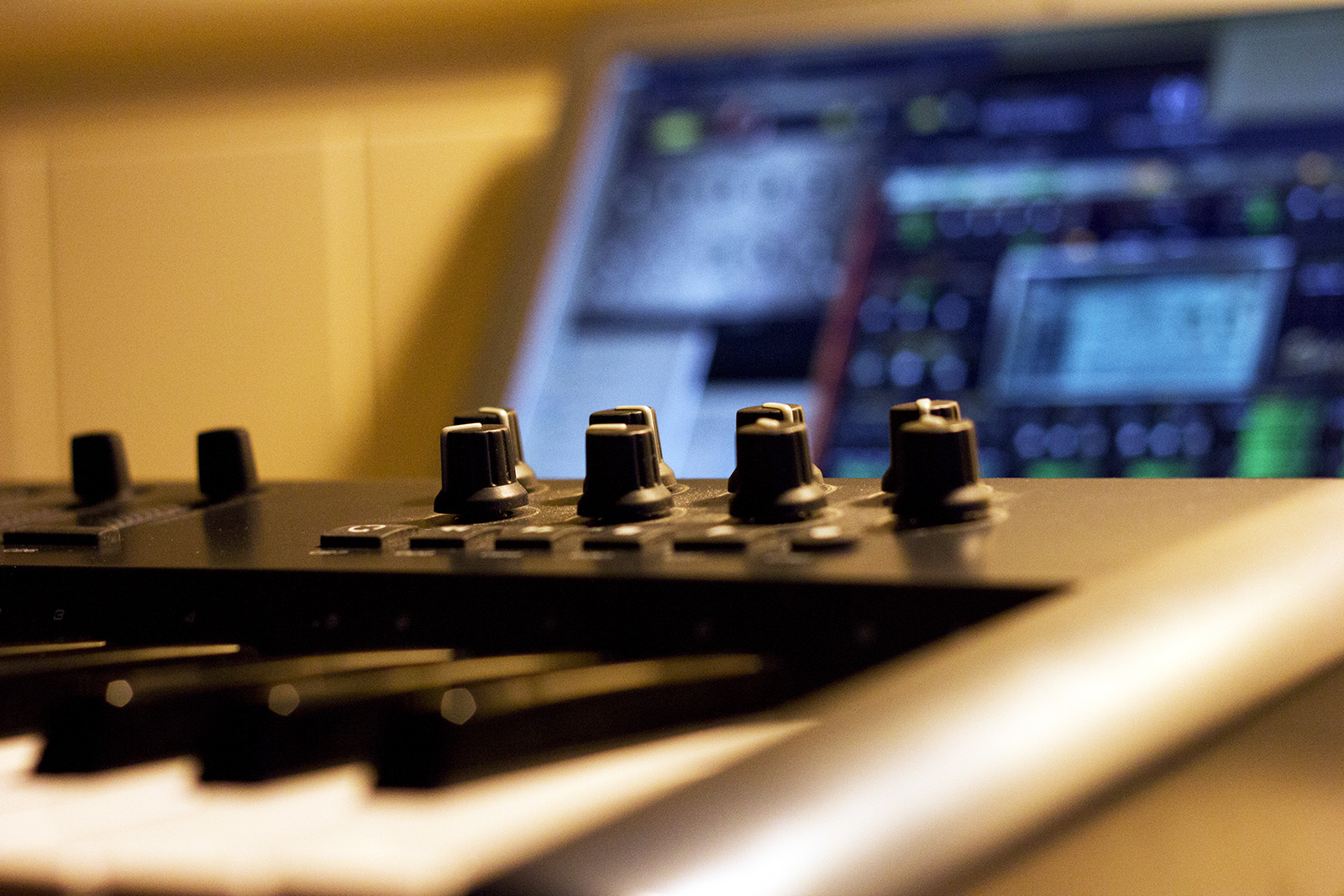
Until today I entertained the idea of being a mechanic. I've been getting a lot more into cars lately: Last year I bought a stick shift just to learn how to drive one. It was a turbo, too, so I had an enjoyable experience once I did master the mystical clutch. I also learned about the importance of timing belts and checking documentation before buying a car after spending $1,200 to replace the tensioners that weren't done before. I really like learning stuff, usually for the sake of knowledge, but sometimes for practical application, like a job or hobby.
Despite learning a lot about the automotive industry, I've decided not to continue pursuing it as intrigued as before. Today I changed the oil in my Subaru Impreza Outback Sport, and at the end of the "easy" process, I was a bit annoyed. I know a lot of people who genuinely enjoy doing any sort of work on their car. I don't think I'm in that group. I have good and bad days when it comes to doing challengingly-productive stuff, as I'm sure everyone does. The thing is, there's certain stuff I just don't care to put on the schedule for obvious reasons, like not actually enjoying the task.
Now I could jump into the "you need to force yourself through some stuff or you won't grow" monologue, but there's no need for that. My scope when it comes to cars just isn't as vast as others. That's okay. I don't need to be great at everything, after all. Still, I like knowing things, but I often get confused about the reasoning. Sometimes it's for the sake of the aforementioned knowledge. Other times, I want to learn everything I can about something just to feel accepted in a certain crowd, sound astute in conversation, or understand what all the commotion is about. Some of those are valid reasons, but most of them become exhausting at a point.
It's a good idea to step back once in a while and examine the reasoning behind what you do. As with any introspection, it has benefits and drawbacks, but it can be a good exercise nonetheless — just take small doses of your findings. It's worth the trouble. For example, if you notice that you're slumping every time you go to work, it may be time to look for a new job. If you are changing to "adapt to the environment", whether it be for friends or work, and you find that you're becoming more annoyed with yourself, merely reminding yourself "change is good" every ten minutes may not be the best solution.
Indeed, we cannot enjoy everything we do. I've already accepted that. What we can do, though, is something different. I don't always enjoy writing, but it's something I keep coming back to, and I have had so many good experiences that I don't plan to stop doing it any time soon. There will, of course, be bad days too, but I've learned how to deal with them. Photography and music are the same way. I set boundaries with those though. Instead of forcing myself into them each day, I wait until the creativity strikes — it often does on a daily basis with music since there's an upright piano right below my home office. That's not to say I don't push myself. Once in a while I need a break, so I take my camera and walk a few miles without my phone, despite only wanting to check email and watch House (the anxiety goes away after a while).
Dreams
Some dreams are very appealing. They can give you a trendy title, lots of Twitter followers, and even help people along the way. The thing is, those dreams aren't always yours. A nice job title doesn't really make you happier in the long term. It seems nice at first; then you see the responsibility. When that responsibility is something you can actually delight in — or in some cases tolerate — it may fit you. When it's not, you might be chasing the wrong dream, or maybe the wrong goal. If you have a choice, there's no sagacity in forcing yourself to do something you won't enjoy based on something so trivial to true happiness as money.
When it comes to knowledge versus application, there really is a big difference. You can enjoy the former and hate the latter even though you understand how it works. That's why there are theoretical physicists too. Everyone is different. Trying to be two types of people can get pretty stressful. Just go enjoy a conversation about compression ratios with a friend; you can still be a driver afterward — no one is forcing you to apply that knowledge. There are a lot of scenarios when you should apply your knowledge, though. Gratuity at a restaurant or coffee shop, for example, is much easier to calculate when you've done it a lot — and you really should use your brain in a seemingly-silly way once in a while, just like you would stretch your legs after five hours in a car.
I hope more of this generation goes out into the world with ambition to follow dreams that differ from predestined science-money path. Not everything has to be "practical" according to others if it actually gives you something of value. (There's a balance, of course.) I'm taking either German or Italian as my foreign language in college because I want to learn something different. Sure, Spanish is useful in California, but I want to travel throughout Europe and possibly live there one day. Besides, there's always time to learn something new. Just make it something you care about.
